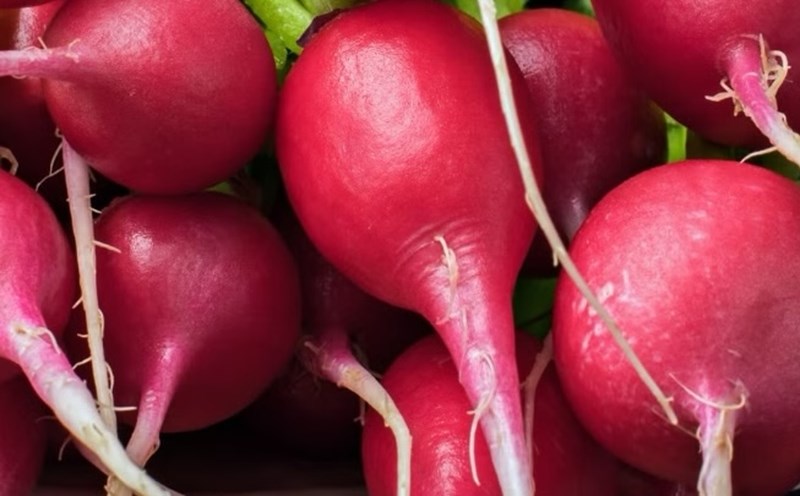The same ingredient, different origin
sugar (sucrose) is derived from sugarcane or beetroot, including 50% glucose and 50% fructose. Meanwhile, high-fructose corn syrup (HFCS) is produced from corn starch, converting part of glucose into fructose, creating a ratio similar to sugar.
The most common type of HFCS in soft drinks (HFCS-55) contains about 55% fructose and 45% glucose. This small difference makes almost no difference in the body's metabolism.
Dr. Kimber Stan hope, a nutritionist at the University of California, Davis (USA), said: Baologically, the body processes fructose from sugarcane and from HFCS in the same way. The important thing is not the type but the amount of consumption".
Although some forms of sugarcane that are less refined contain trace minerals such as potassium and magnesium, their content is very low, not creating significant health benefits.
Health effects: Similar and dependent on dosage
Many studies have shown that consuming too much both sugar and HFCS can increase the risk of weight gain, fatty liver, insulin resistance, heart disease and dyslipidemia.
Dr. Barry Popkin, a nutrition professor at the University of North Carolina (USA), commented: There is no convincing evidence that HFCS is worse than sugarcane. The biggest problem is the total amount of added sugar in the diet.
The American Heart Association recommends limiting added sugar intake to less than 6% of total daily energy, equivalent to about 25g for women and 36g for men.
Popular sources of added sugar include: sugary drinks, candy, processed cereals, industrial sauces, and even sugar products that are considered " stronger" such as honey or agave. When used too much, they still cause the same harm.
Practical advice from experts
Experts agree that instead of struggling to choose between sugarcane and HFCS, you should focus on reducing your total added sugar. This brings more obvious health benefits than any alternative.
Stan hope emphasizes: S cutting back on sweets and processed foods is the most effective way to reduce added sugars. When the overall intake is reduced, the origin of sugar becomes less important.
In addition, reading nutrition labels carefully to detect "illegal" sugar in foods, sometimes appearing under many other names such as maltose, dextrose, or syrup, is also a necessary step to control consumption.
Finally, a balanced diet, prioritizing vegetables, whole fruits, whole grains and lean proteins will help maintain metabolic health, while reducing the risk of sugar-related diseases.











